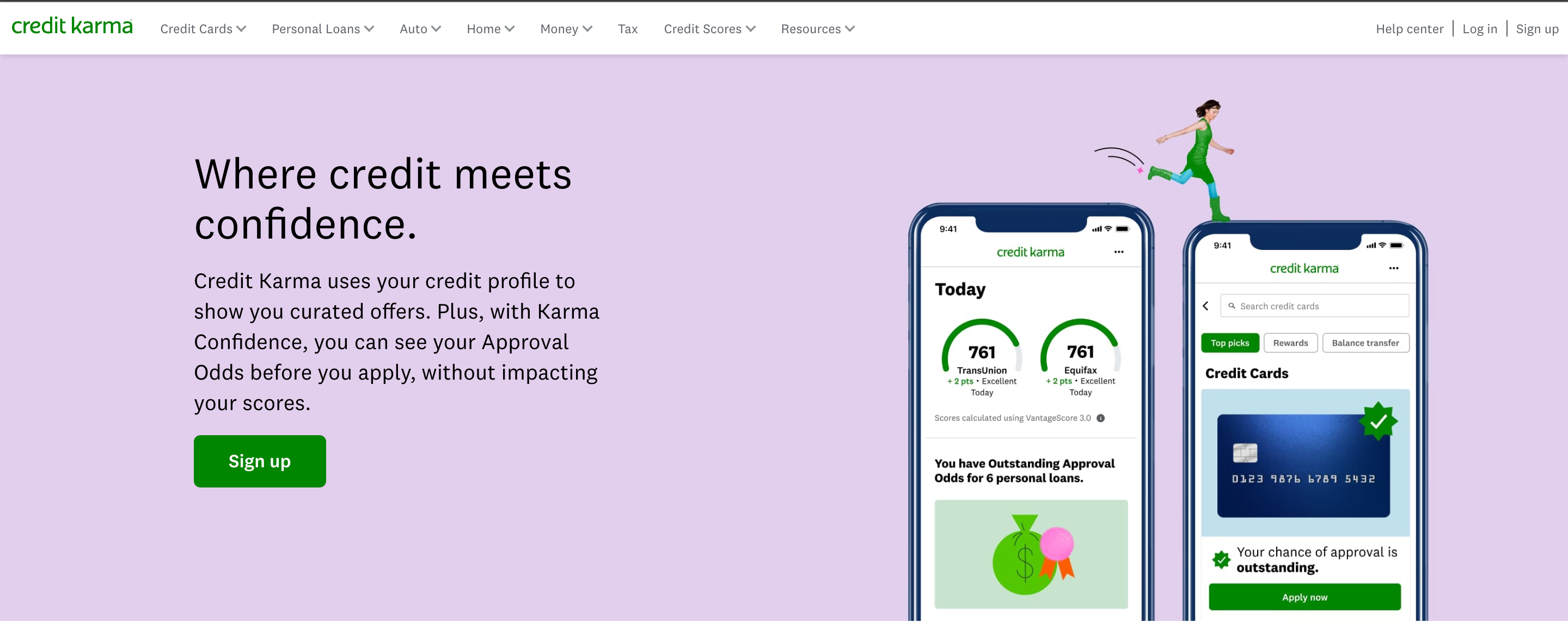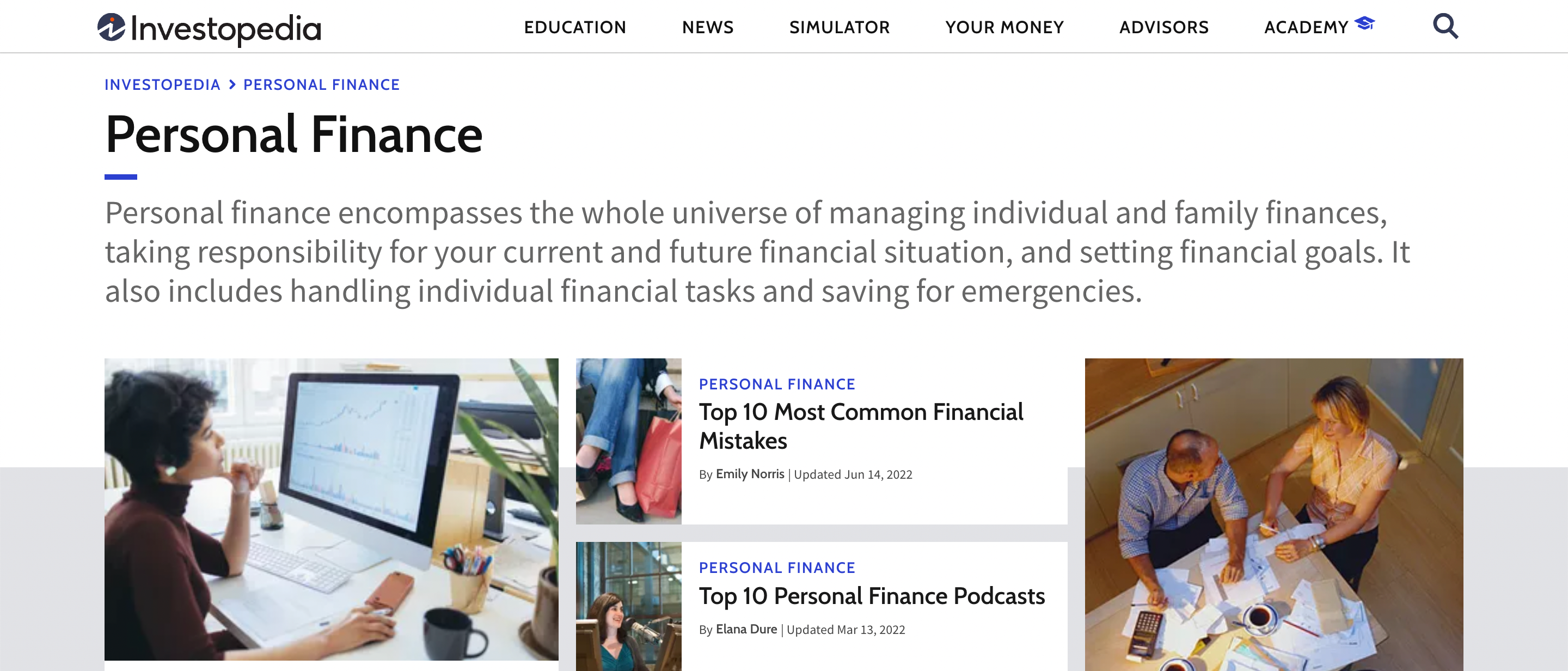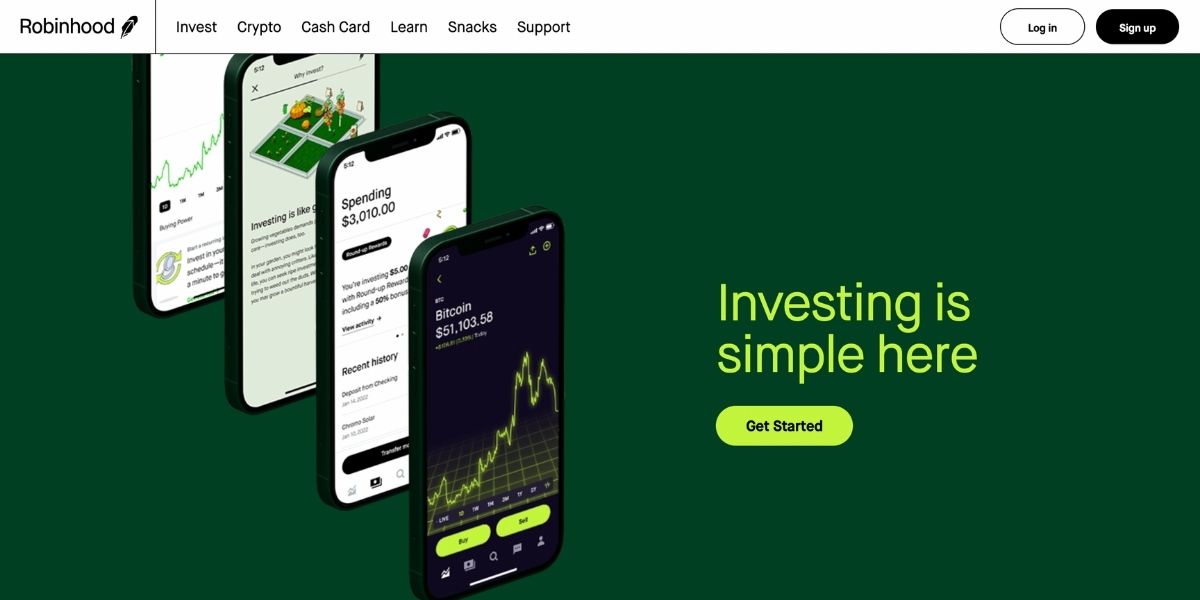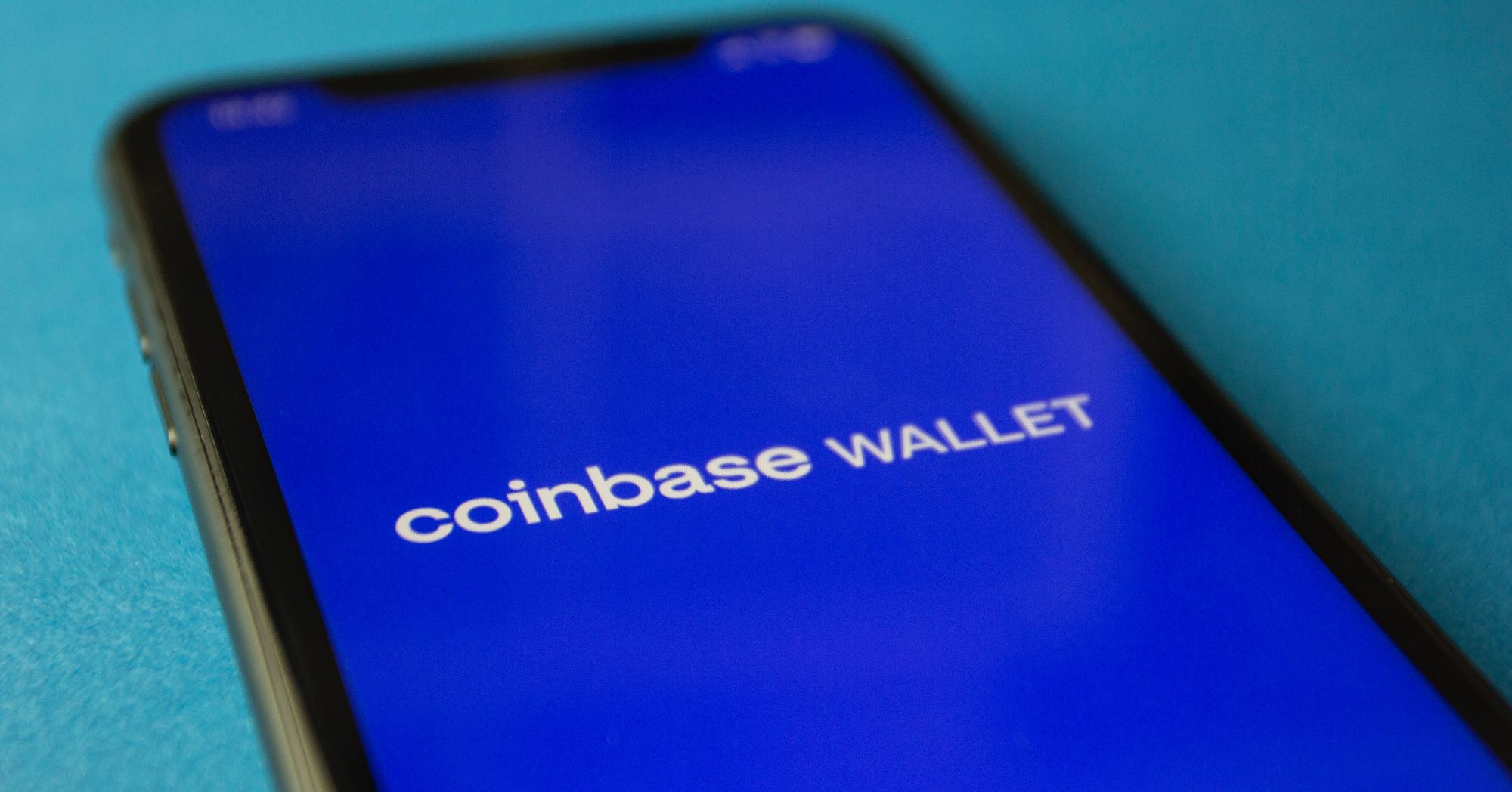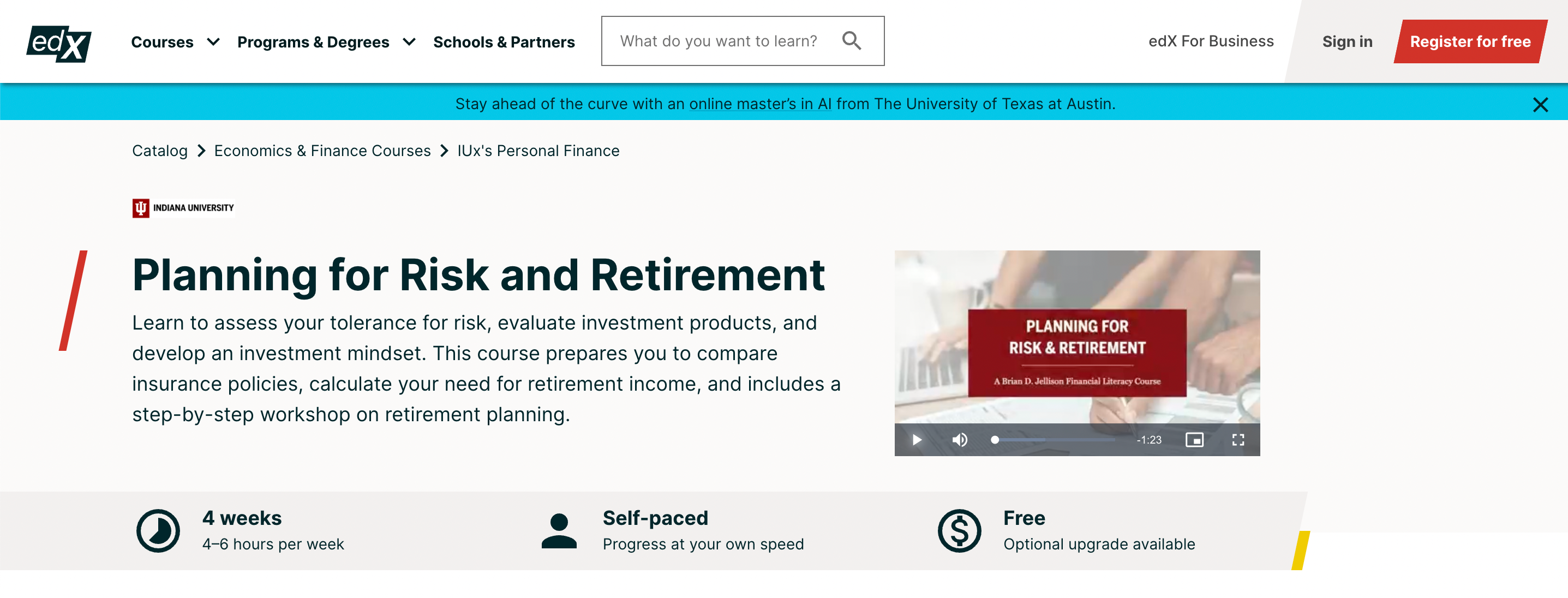12 Free Sites, Apps, and Courses to Boost Financial Literacy in 2023

Financial literacy is an essential skill that enables individuals to make informed decisions about their money, manage their finances, and plan for the future. Whether you’re a beginner or looking to take your financial knowledge to the next level, the internet offers plenty of free resources to help you boost your financial literacy in 2023.
With that in mind, here are 12 free sites, apps, and courses to help you improve your financial knowledge and make better decisions about your money.
1. Credit Karma
Credit Karma is one of the most comprehensive financial literacy resources available today. With a focus on credit scores and financial management, this free site and mobile app offer a wealth of information and tools to help you improve your financial literacy and achieve your goals.
The Credit Karma app offers credit score tracking, personalized finance recommendations, and access to free credit report information from the major credit bureaus. You can also view and compare offers for credit cards, loans, and insurance. Whether you’re looking to improve your credit score, save money, or better understand your finances, Credit Karma is an essential resource for anyone looking to take control of their financial future.
Download: Credit Karma for Android | iOS (Free)
2. YNAB (You Need a Budget)
You Need a Budget (YNAB) is a budgeting app that aims to empower users to take control of their finances by creating a monthly budget and tracking their spending. YNAB’s Four Rules are designed to change your relationship with money and provide simple, actionable steps to align your spending habits with your financial goals.
Similar to other budgeting apps, YNAB offers real-time syncing with your bank, goal tracking, and spending reports; however, YNAB goes above and beyond with its teaching resources. The YNAB YouTube channel has an entire playlist dedicated to getting started with and ultimately succeeding with the YNAB way of stress-free money management.
3. Mint
From the makers of Credit Karma and TurboTax, Mint is a free personal finance app that helps users manage their finances by tracking their spending, creating a budget, and staying on top of their bills. Mint connects to users’ bank accounts and credit cards to automatically import transactions, making it easy to track spending and budgeting.
The app’s Mintsights™ provides users with customized spending categories and personalized budget suggestions and alerts users when bills are due. It’s the ultimate one-stop shop for personal finance management.
Download: Mint for Android | iOS (Free)
4. BadCredit.org
BadCredit.org is a financial education website that focuses on helping individuals with poor credit or no credit improve their financial situation. The website offers a wide range of resources, including articles on credit improvement, guides to debt consolidation, and advice on choosing a credit card to build credit.
Regarding stand-out features, BadCredit’s Consumer Guide to Free Credit Reports and Scores compiles information on all major credit report marketers, breaking them down by applicable fees, credit report bureaus, and features. In addition, the BadCredit blog routinely publishes interviews with industry stakeholders representing credit unions, credit repair agencies, and up-and-coming personal finance tools, so you can discover resources to make your personal finance goals a reality.
5. CardRates.com
CardRates.com is a comprehensive resource for credit card comparisons. The site features in-depth reviews of various cards, conveniently broken down by card features, necessary credit score, and issuer.
The site’s Advice section features niche card comparisons, as well as expert commentary on broader financial topics—from inflation to investments. You can also follow the CardRates experts on Twitter to stay apprised of the latest discussions in personal finance optimization.
6. Investopedia.com
Investopedia.com is a comprehensive financial education website that provides a wealth of personal finance, investing, and trading information. It offers articles, tutorials, and videos on various financial topics, making it an excellent resource for anyone looking to improve their financial literacy. The website’s primary goal is to provide accessible and comprehensive financial education, and it accomplishes this by offering clear explanations and examples of financial concepts.
Investopedia’s stock market simulator is arguably its most valuable feature. The tool allows users to practice investing without risking real money. It’s a realistic experience, including real-time market data, commission fees, and the ability to buy and sell stocks, so this should be your first stop on the road to stock investing.
7. Stash
Stash.com features a mobile app that offers a unique approach to investing, making it easy and accessible for anyone, regardless of their investment experience. The app offers a range of investment options, including exchange-traded funds (ETFs), individual stocks, and bonds. It provides users with personalized investment suggestions based on their goals and risk tolerance.
Stash is ideal for first-time investors because you don’t have to become fully versed in the financial jargon before taking advantage of investment opportunities. In addition, with Stash’s Smart Portfolio, you can take a hands-off approach to invest automatically, yielding a diversified portfolio based on your financial situation.
Download: Stash for Android | iOS (Free)
8. Robinhood
A Stash competitor, Robinhood is a popular investment app that offers commission-free trading on stocks, ETFs, options, and cryptocurrencies. The app’s user-friendly interface and abundant training resources make it an excellent resource for individuals new to investing or looking to invest with limited funds.
Robinhood recently launched Robinhood Retirement, which allows app users to open an IRA account, either Traditional or Roth. “Robinhood’s IRA product offers a 1{9f99fe44fce1aa3c813d0a0ce4da2fbea8a5a58e9d85c4a2927dd8140cb676b5} match from Robinhood on every eligible dollar contributed to the account,” reports an article on Fortune.com. “For the first time, savers who aren’t currently benefiting from an employer match (like gig workers) can grow their retirement savings.”
This is a must-try tool and a game-changer in personal finance management. If you’re still not sold, check out our comparison of Robinhood, Stash, and Acorns, three popular investment apps.
Download: Robinhood for Android | iOS (Free)
9. Coinbase
Coinbase is a cryptocurrency exchange that allows users to buy, sell, and store cryptocurrencies, including Bitcoin, Ethereum, and Litecoin. We consistently praise Coinbase as the best crypto exchange platform, and its mobile app is extremely user-friendly.
Coinbase offers a range of tools and resources to help users understand and invest in cryptocurrency. The app’s intuitive interface and commitment to security make it an excellent resource for anyone hoping to invest in cryptocurrency.
Download: Coinbase for Android | iOS (Free)
10. PocketSmith
In August 2022, the free personal finance app Pocketbook closed its doors. A web-based Pocketbook alternative, PocketSmith welcomes users to seamlessly transfer their Pocketbook data and take advantage of more features. For example, the bank account aggregation feature allows you to view your accounts in a single app, including support for multiple currencies and currency conversion. You can also sort and filter transactions, edit account names for easy finance management, and generate income and expense reports.
The PocketSmith Sidekick mobile app works in tandem with the web app, allowing you to manage your finances on the go.
Download: Pocketsmith Sidekick for Android | iOS (Free)
11. EdX Course: Planning for Risk and Retirement
If you’re interested in retirement planning, consider EdX’s Planning for Risk and Retirement course. This free, self-paced, online course covers insurance principles (life, property, and casualty insurance), retirement planning, and investment planning.
Led by experienced finance professors and lecturers, the course is designed for people who want to develop a solid understanding of financial literacy and gain the skills and knowledge they need to plan for their future. And if you choose to upgrade to a paid plan, you’ll unlock access to course materials indefinitely.
12. Udemy Course: Personal Finance 101
For a broader lesson in personal finance, we recommend Udemy’s Personal Finance 101 course. After a mere three hours of online video tutorials, you’ll walk away with a well-rounded understanding of personal finance topics, including building credit, filing a tax return, and navigating finances during life changes such as divorce or childbirth.
By upgrading to a paid plan, you’ll gain access to instructor Q&A sessions and a completion certificate, but this really isn’t necessary for the scope of the course. The free video material alone provides the basics; from there, you can further your financial literacy using any of the other resources in this article.
Elevate Your Financial Literacy in 2023 and Beyond
Empower yourself with the knowledge and tools you need to take control of your finances. With these 12 free and low-cost resources, you can boost your financial literacy, manage your money, invest in the stock market, and prepare for retirement. Choose from various platforms and courses to suit your learning style and financial needs. Whether you prefer interactive budgeting apps, in-depth online courses, or educational resources, this list has everything you need to achieve financial success in 2023 and beyond.
